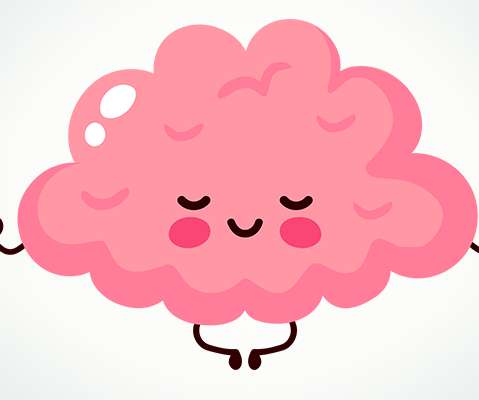Stress and Learning: Test Your Knowledge!
KnowledgeOne
JANUARY 19, 2024
As stress specialist Sonia Lupien explains in one of her articles, our bodies don’t differentiate between “absolute stress,” which actually threatens our lives, and “relative stress.” B) Chronic stress provides high-potential students with enhanced cognitive performance. As an antidote to daily stress, Ms.































Let's personalize your content